 Last year, ARMA members helped Glykeria Skamagki, the senior lecturer in Physiotherapy at Coventry University, with the first stage of a study into chronic musculoskeletal conditions and their management at the workplace. The results were very interesting and now to follow-up the researchers are conducting a survey to identify the strategies that older employees use to manage chronic musculoskeletal conditions at the workplace.
Last year, ARMA members helped Glykeria Skamagki, the senior lecturer in Physiotherapy at Coventry University, with the first stage of a study into chronic musculoskeletal conditions and their management at the workplace. The results were very interesting and now to follow-up the researchers are conducting a survey to identify the strategies that older employees use to manage chronic musculoskeletal conditions at the workplace.
The aim is to understand the problems highlighted at the interview stage, explore the opinion of the larger population, and ultimately to help people work better.…
Read more of this article





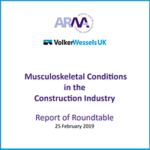
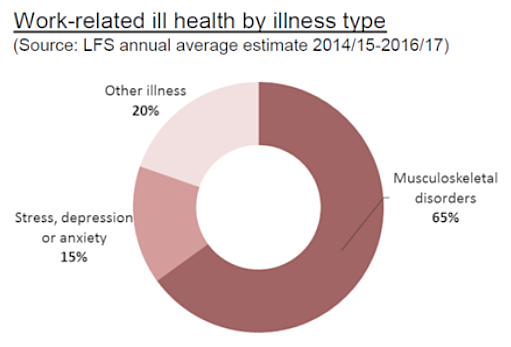
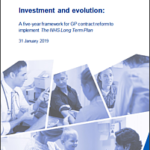
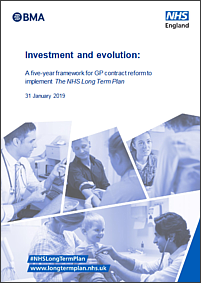

 We all know that MSK is one of the two biggest causes of sickness absence in the UK. It’s perhaps no surprise that this is even more true in the construction sector. Every year, occupational ill‐health costs construction employers £848million in reduced productivity, sick pay, cover for absence and replacing staff who leave because of ill health.
We all know that MSK is one of the two biggest causes of sickness absence in the UK. It’s perhaps no surprise that this is even more true in the construction sector. Every year, occupational ill‐health costs construction employers £848million in reduced productivity, sick pay, cover for absence and replacing staff who leave because of ill health. 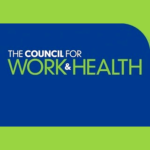






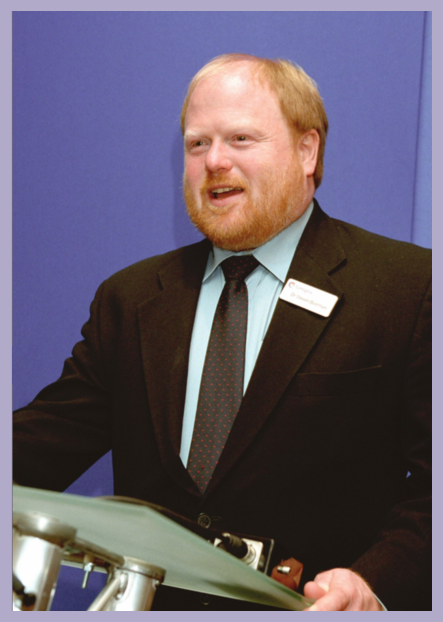 Chair of the Council for Work and Health
Chair of the Council for Work and Health